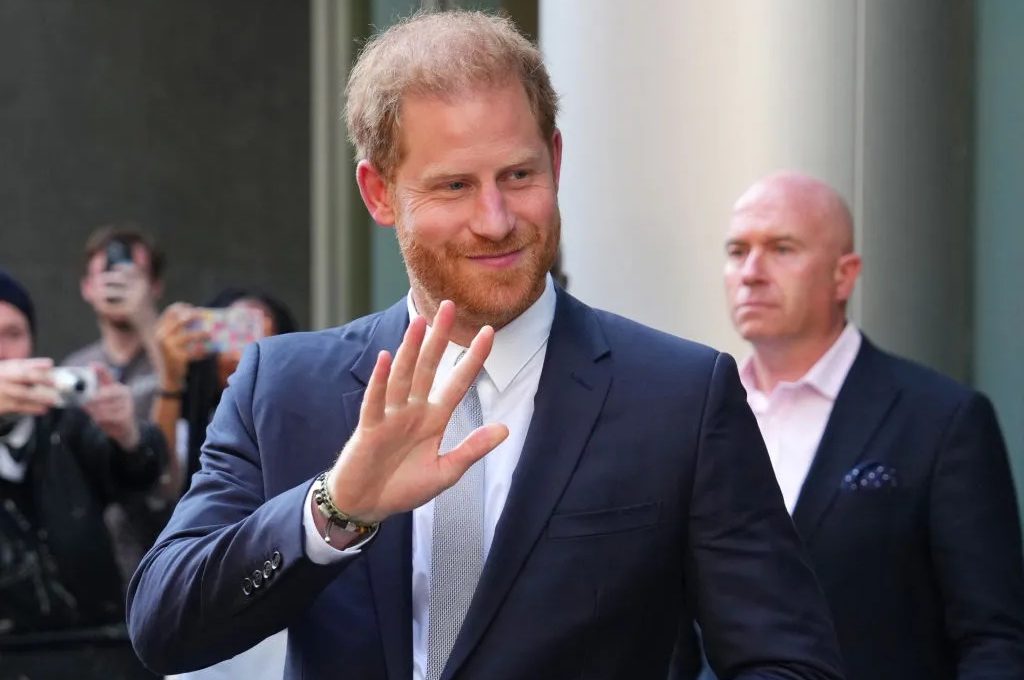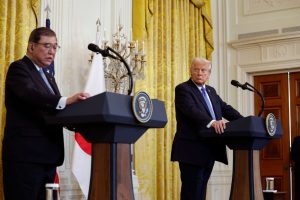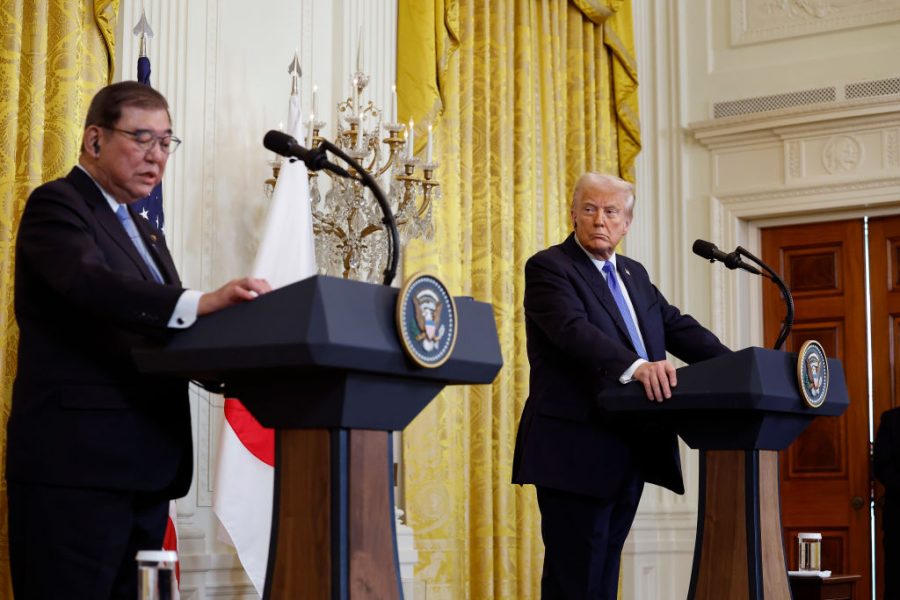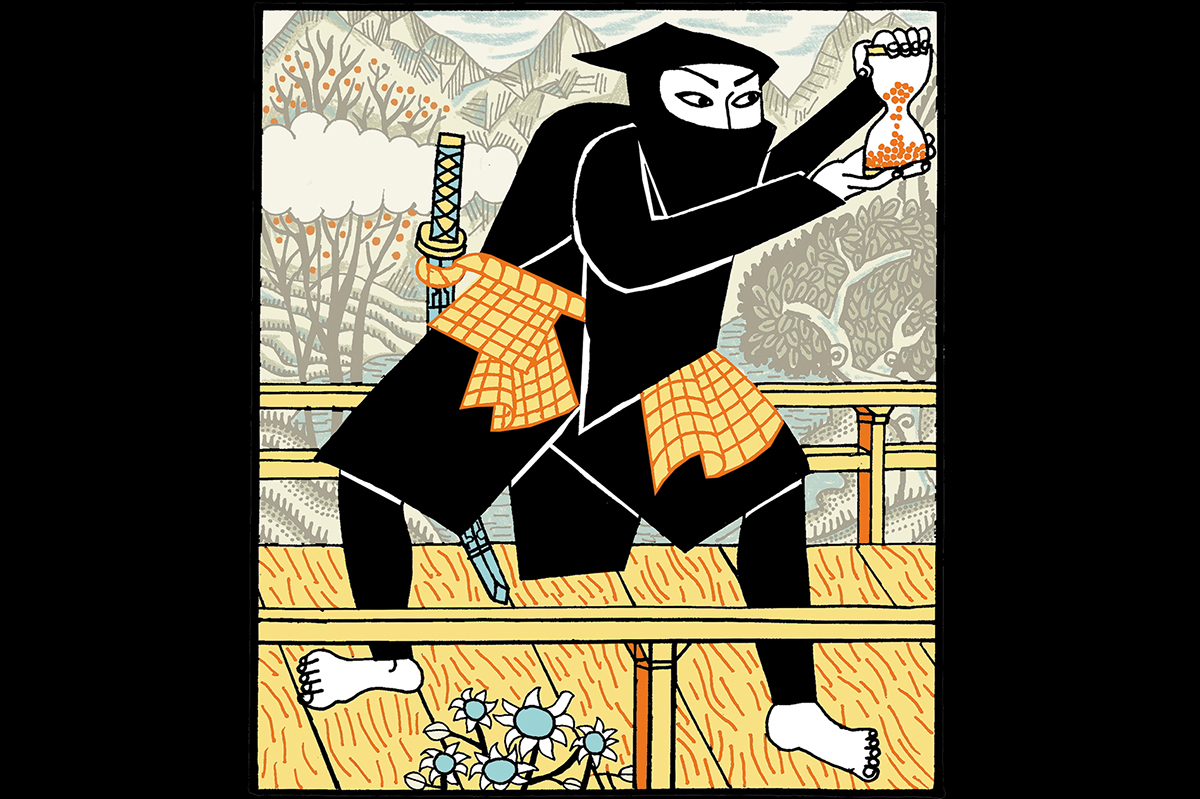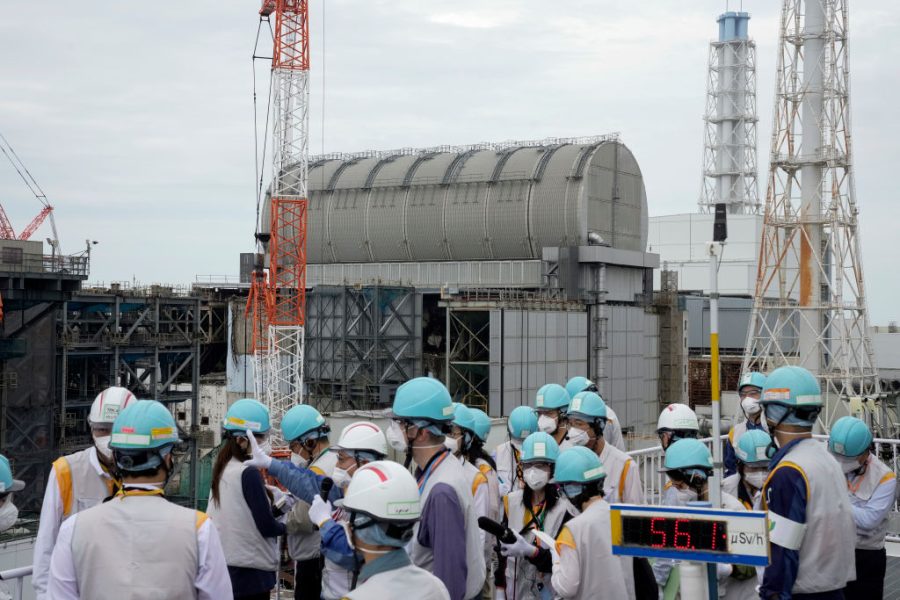Plain old Harry Windsor, as he is now, is in Japan for the International Sports Promotion Summit and a few low-key engagements before moving on to Singapore for a polo tournament fundraising for AIDS. The relaxed and happy looking former prince was welcomed with enthusiasm and characteristic courtesy by well-wishers as he arrived alone, wearing an Archewell branded cap, at Tokyo’s Haneda airport. Winningly, Harry flew commercial and didn’t use the VIP pathway to navigate the airport. “It’s good to see you again,” he said to reporters and added he’d be “happy to live here if you’d have me.” He actually looked as though he meant it.
This is Harry’s first overseas outing as an ex-royal. But whatever his official designation, Harry Windsor is very much still seen as a royal in Japan. Princess Diana was idolized here ever since making an enormous impression when she visited with Prince Charles in 1986 and the Japanese press refer to prince William as “Diana’s first born.” Harry remains big-ish in Japan and popular: Finding Freedom is one of the few royal books to get a full Japanese release.
Not that there is ever a “Prince” Harry event without any hint of controversy. The sports summit he is attending seems to be being funded by the slightly mysterious Haruhisa Handa, a New Age guru and head of the Shinto based religion World Mate, which has been embroiled in various scandals over the years. Handa who has written over 200 self-help books preaching happiness through spirituality and material prosperity and once issued a picture of himself at the center of the Last Supper, shared a stage with Harry for the press conference. It is not clear how close the two are or should be.
Whatever Harry got up to here was likely to be of interest though, as in contrast, the Japanese royal family is unremittingly dull. “What do they do? They just wave,” one of my students remarked recently when we were comparing the state of the two royal houses. When I tentatively suggested the British royal family was in trouble for being over-exposed and scandalized to the point of ridicule, while the Japanese royal house was losing the interest and, to an extent, the support of the people for the opposite reason, my thesis was enthusiastically accepted.
Dull though it may be, there are things to be learned from how the Japanese royals conduct themselves and how the institution manages their crises, and especially the somewhat analogous (to Megxit) case of Princess Mako. One of the Japanese royal family’s highest profile young members abandoned the imperial household and a life of duty and devotion to the nation and now lives a life of relative simplicity in New York with the love of her life. Princess Mako’s reasonably successful “I’m a royal get me out of here” maneuver offers an intriguing template for how it can be done.
The daughter of the emperor’s brother, former Princess Mako (once touted as a prospective Japanese Diana) left the royal family and lost her royal status when she married outside the nobility to an aspiring lawyer Kei Komuro. It was quite a scandal at the time, dividing the country into those that saw Mako as selfish and ungrateful and those that sympathized with her position. She defused some of the criticism by relinquishing not just her title but an official wedding and a sizable dowry from the state (reportedly $1.3 million).
And what happened next? Mako seems to have almost disappeared. After one rather stilted and scripted press conference, she departed and now lives in a one-bedroom apartment in Manhattan with her law graduate husband. She is interning (unpaid) at the Metropolitan Museum of Art, apparently making use of her studies (at Edinburgh, Leicester and elsewhere) into history. There is no Montecito mansion, no celebrity pals, no Netflix specials, no podcasts, no tell-all books, no worldwide privacy tours.
Mako and Kei are spotted out and about in New York from time to time, hand in hand, loved up and free. They are believed to be financially independent and appear to live modestly, wearing ordinary, inexpensive, casual clothes and shopping for coat hangers and pillowcases in the same shops as everyone else. They ride the subway, and the public bus. Mako once got lost and had to ask passersby (who wouldn’t know who she was) for directions. They have no “brand” and no message for the world. They don’t win or appear to want to win humanitarian awards. They are unpretentious, anonymous, and, seemingly, content with their lot.
Harry Windsor take note.
This article was originally published on The Spectator’s UK website.



